The future of the UK’s homes
If you’ve ever wondered what our homes may look like far off in the future well ponder no more, as Vodaphone has consulted a selection of industry experts to identify key predictions. The headline news is that click-and-deliver homes, underground greenhouses to grow food, pet-sitting robots, smart glasses with the ability to personalise surroundings and smart home ecosystems will all be commonplace by 2041.
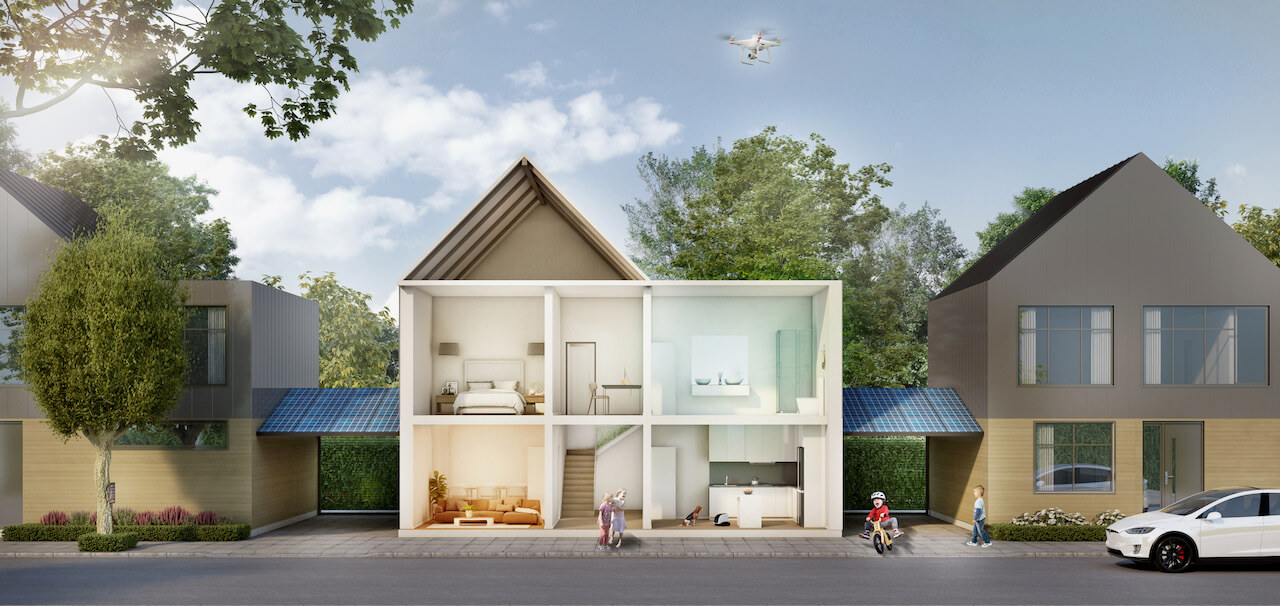
Vodaphone Home Broadband
Leading UK architect and presenter of The Home that 100k Built Piers Taylor, the Royal Institute of Architects’ first Vice President for Research Flora Samuel and leading tech analyst at CCS Insight Ben Wood, have all contributed to the findings.

Piers Taylor & Flora Samuel
The report also details how the impact of the pandemic has forever changed the way we use our homes:
- 39% of UK adults say lockdown changed their view of how their home should function
- 21% feel that a lack of space in the home is a key frustration
- 68% feel it is important to use all corners of their home
- 41% of Brits have regretted previous home improvements, wishing they hadn’t removed a wall to create open plan living
The experts forecast that by 2041, connected living will be even more important for UK households and some of the changes will include:
Pet-caring robots: Robots, powered by home broadband, will play a part in keeping our furry friends company, with the ability to entertain, feed and provide companionship when owners are not at home.
Drones: Drones will be an ever-present helper and be able to pass messages to others (telling children that dinner is ready for instance) as well as monitoring the temperature and air quality throughout the whole house to ensure a healthy, comfortable and energy efficient environment.
Personalised surroundings: Each family member will use smart glasses to arrange the space around them, with their own choice of artwork, virtual clocks and windows into different worlds.
No more switches: Fixtures, furniture, lighting and heating will automatically and intelligently adapt to the household’s learned preferences.
Home-working: Meetings will be revolutionised from the video calls of today as home workers are able to collaborate with colleagues who are projected as holograms onto virtual seats, from anywhere in the world.
Smart home ecosystems: Voice-operated virtual assistants will keep us healthy and efficient, tracking the food we buy and bringing it together with health measurement data from linked fitness tech.
Tech-enabled care: Care and health in the home will be a huge feature in the coming years. Innovations will feature in the very fabric of the house – there will be heat sensors in floors to recognise if someone has fallen and notify carers, as well as movement detectors and reminders to take medication.
Underground greenhouses: Smart tech will be adopted by households to keep plants healthy in the dark, allowing for food to be grown underground to maximise space.
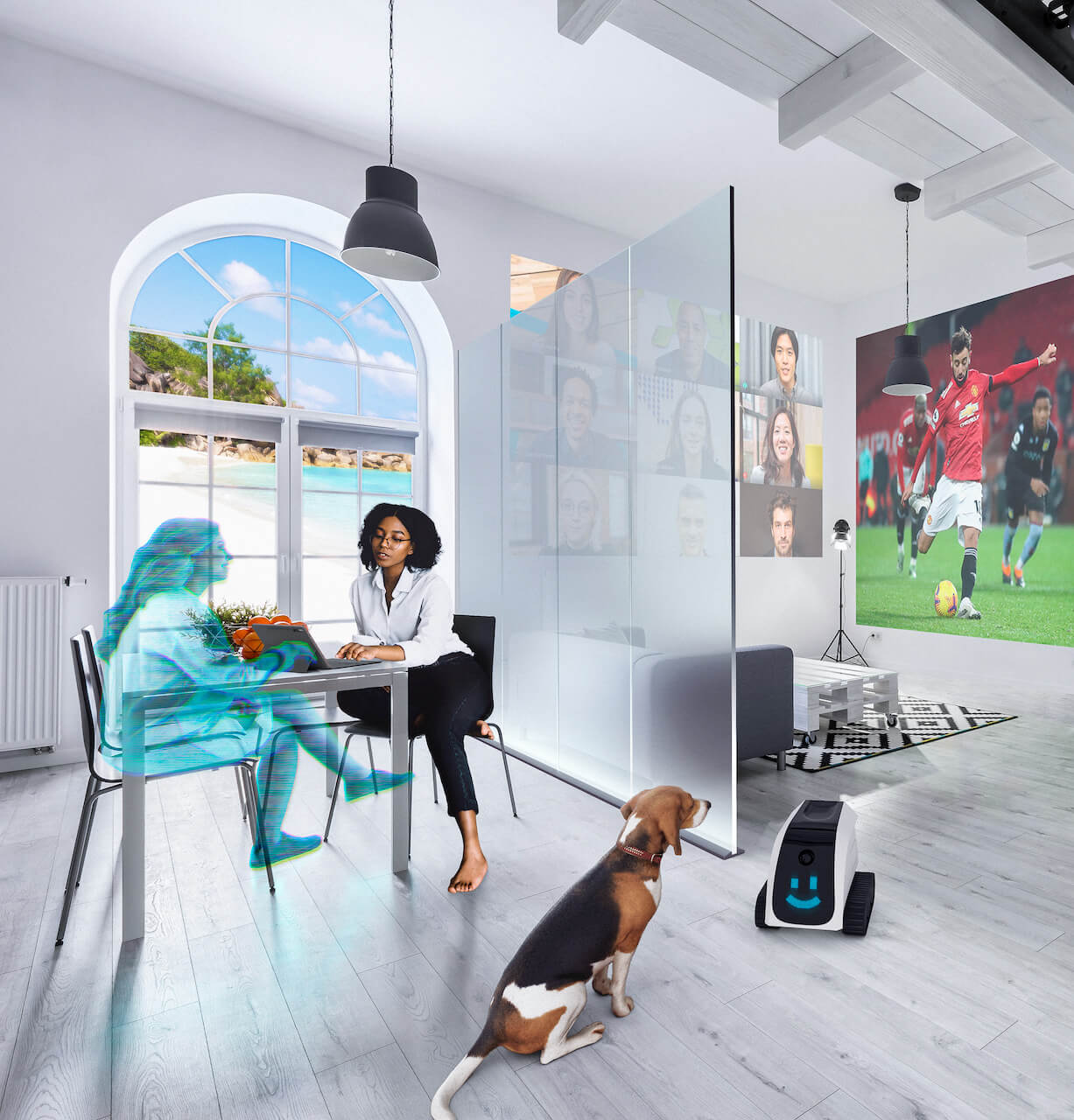
Vodaphone Home Broadband
The way we purchase homes and the importance of communities will also rapidly evolve:
Click-and-deliver homes: Building homes will be like real life SimCity, with designs being made online and ordered from the comfort of sofas and craned into sites.
Community dashboards: Data from smart-home tech will feed into ‘data dashboards’ for homes, meaning decision makers can plan for a better future for the community.
Shared security: Neighbours will be able to pool their digital resources, including shared access to street cameras, providing peace of mind for the whole community.
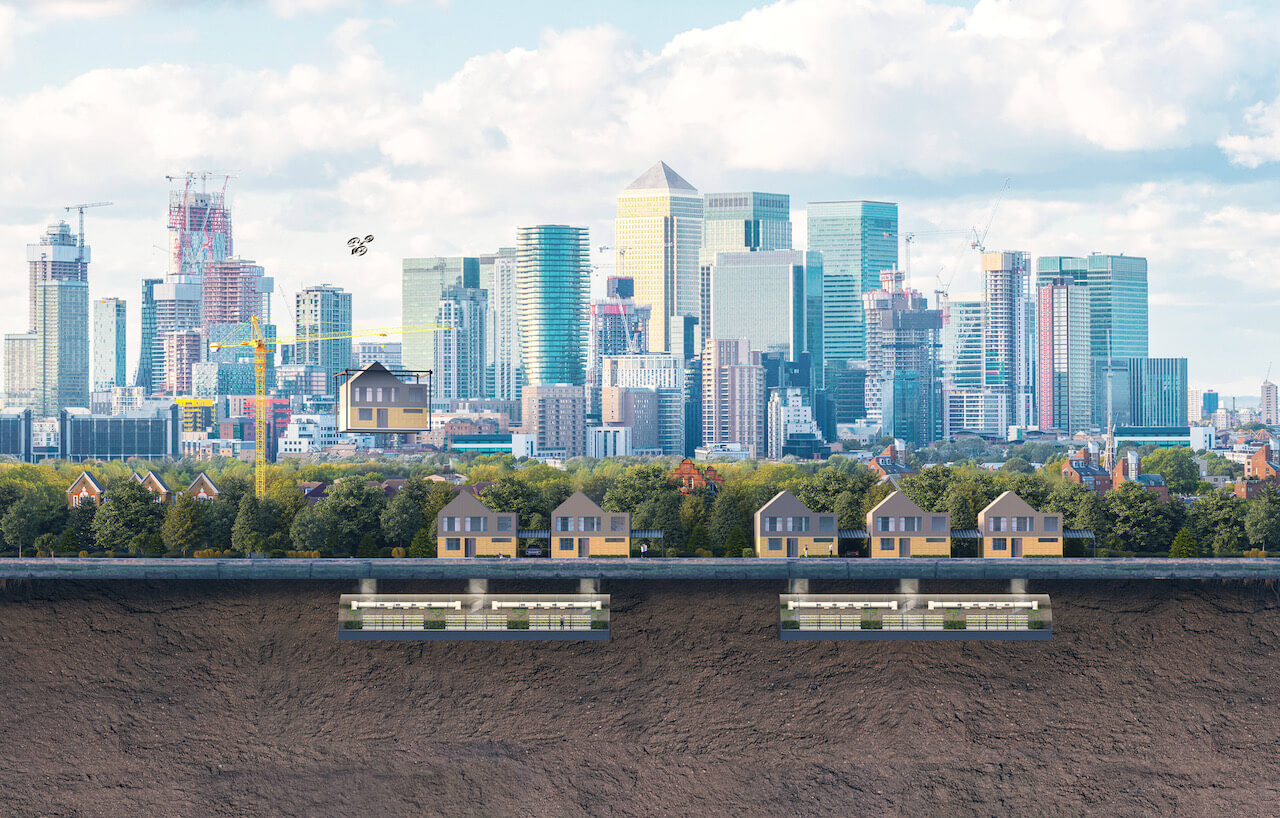
Vodaphone Home Broadband
The report’s study of 2,000 British adults revealed that over one in five (21%) feel that a lack of space in the home is one of their main frustrations, and as such, over two thirds (68%) feel that using all corners of the home is important.
The research also highlights a shift from open-plan living and the desire for moveable partition walls, with four in ten (41%) regretting previous home improvements, saying they wish they had not removed a wall to create open plan living.
While the pandemic has certainly changed our feelings towards the functionality of homes, the findings also uncovered how households have already started to adapt to the future of home technology and connectivity, with almost nine in ten (85%) Brits saying strong broadband in all four corners of the home is vital, one in eight (13%) having purchased a smart speaker in the last year and another 12% also having purchased smart lighting for their homes.
Piers Taylor cites the pandemic as a key driver in accelerating this change, “Overnight, and quicker than any other change in history, we radically altered what we do in our domestic spaces following the outbreak of the pandemic. Looking ahead to the next 20 years, we can expect to see vast differences, not only in the way our houses look and feel, but in the way we are connected through our homes, with everything we do being assisted by digital technology.”

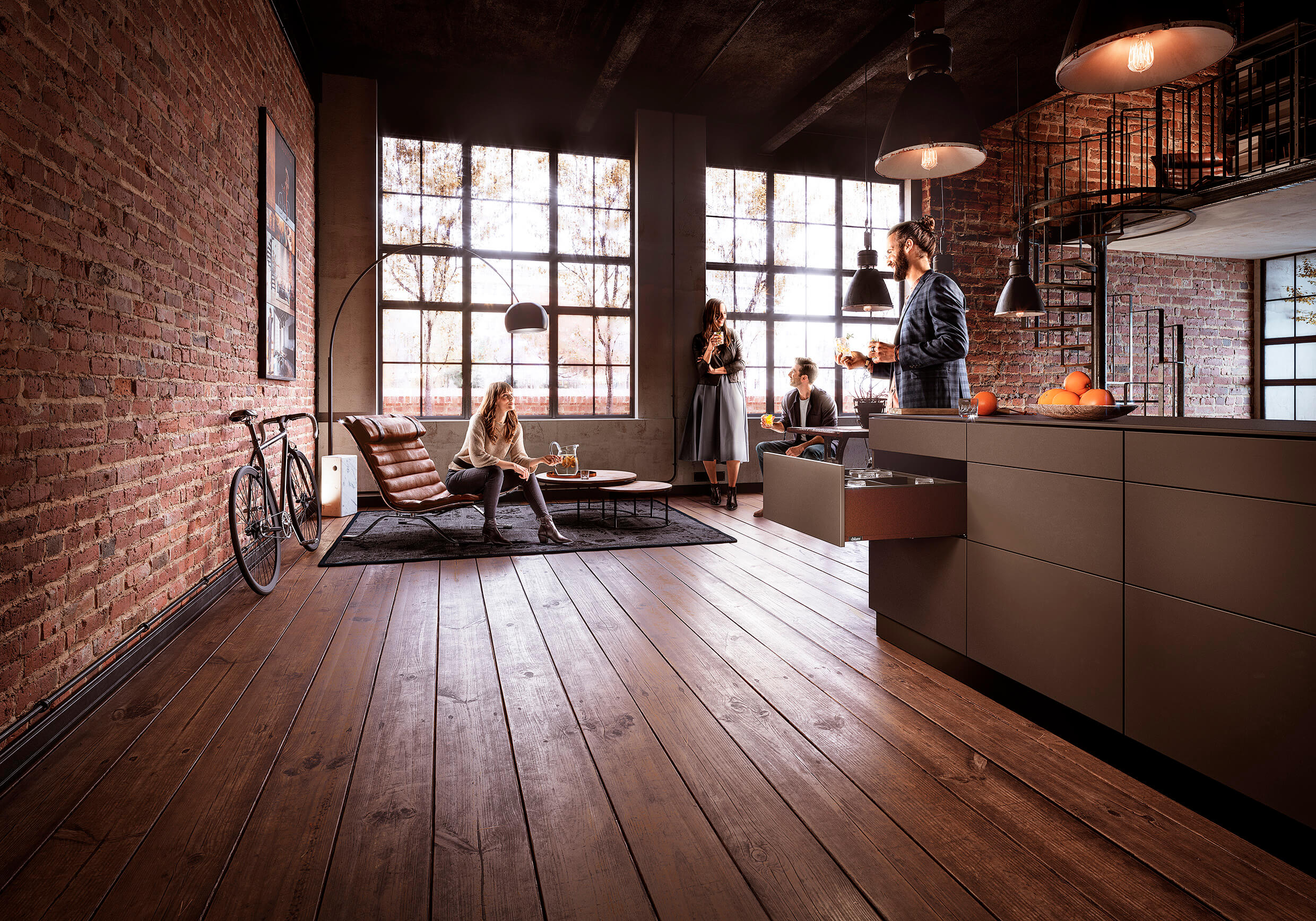
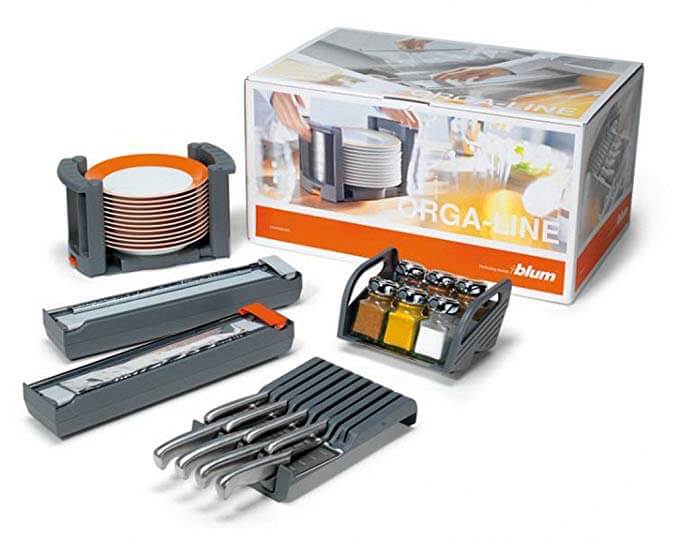




Leave a comment